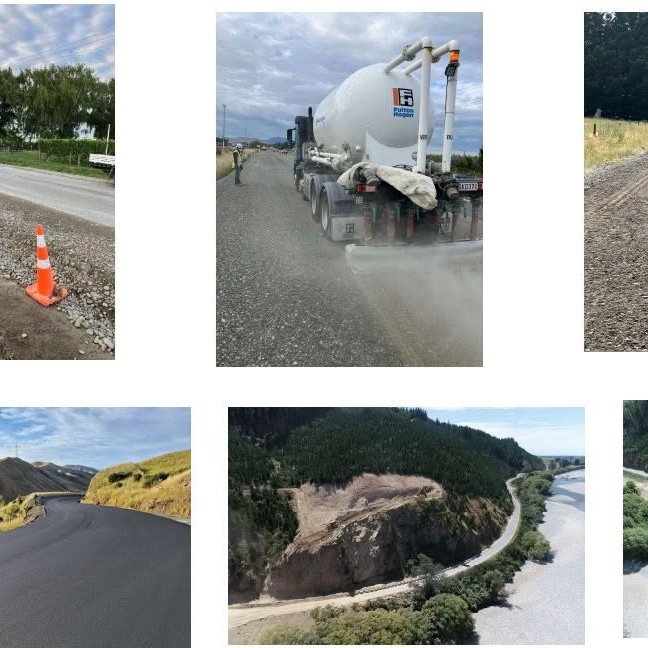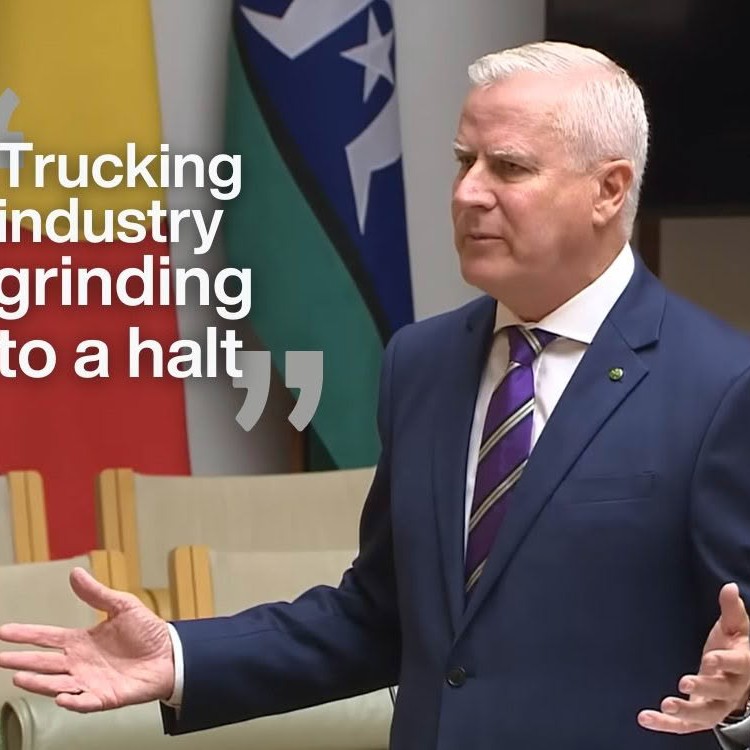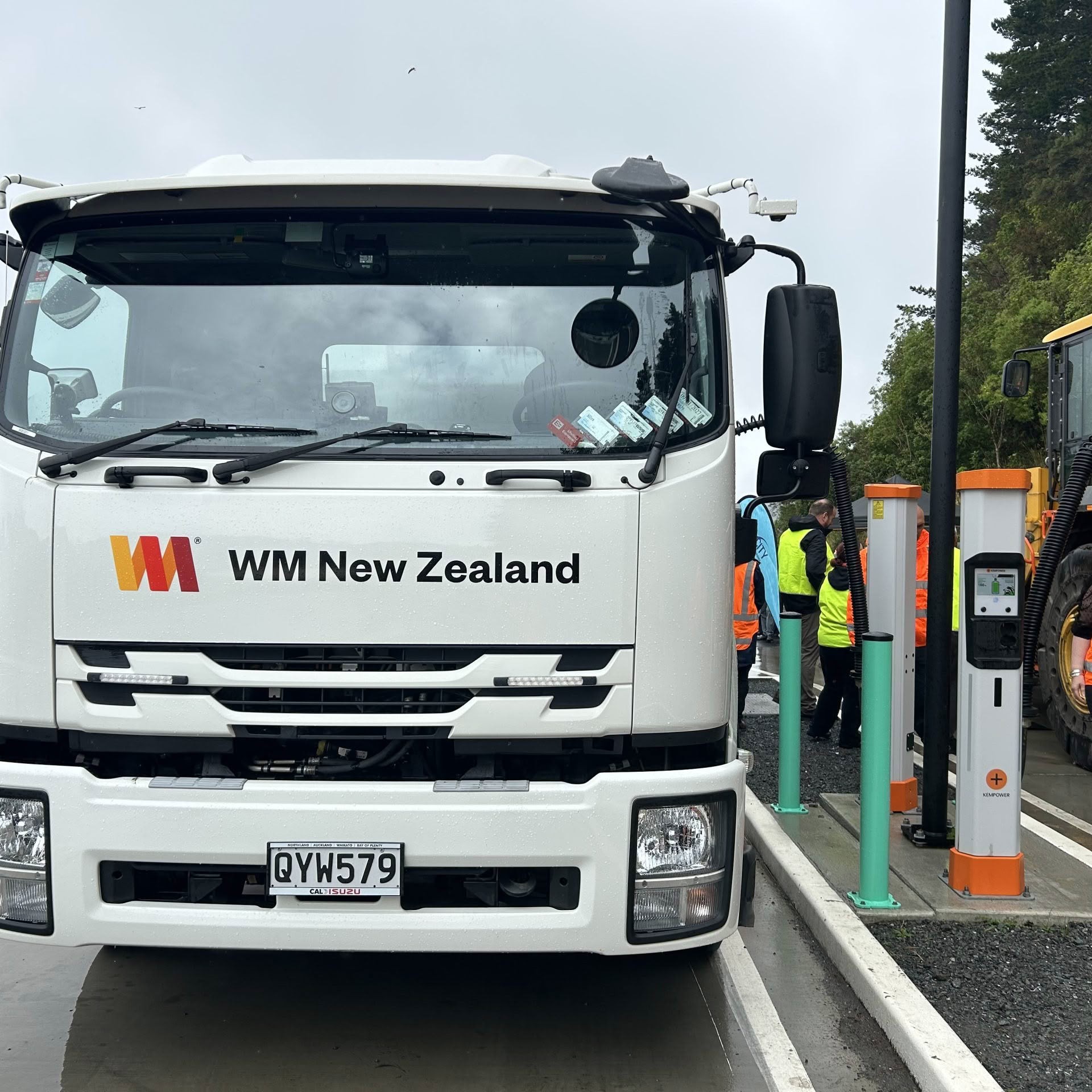
Navigating new levies without crossing legal lines
by the Commerce Commission
As ports across New Zealand announce large increases in vehicle access fees, many transport operators are grappling with how to manage such significant increases in costs to their businesses. While these are important business decisions, it’s crucial to remember that discussing pricing strategies with competitors in response to common industry cost pressures can carry serious legal risks.
Under the Commerce Act 1986, agreements between competitors that fix, control, or maintain prices are considered cartel conduct and are unlawful. This includes informal conversations, emails, or meetings where businesses share intentions or strategies about pricing—even if the topic arises from a shared challenge like a new fee or levy. The sanctions for cartel conduct are severe; fines of up to $10m for companies and $500,000 for individuals. Serious cartel conduct can be punished by a term of imprisonment up to 7 years.
The Commerce Commission’s Competitor Collaboration Guidelines make it clear: even well-intentioned discussions can cross the line if they result in coordinated behaviour that reduces competition. For example, if transport companies agree, explicitly or implicitly, to pass on the fee to customers, or to do so in a uniform way, this could be seen as price fixing. Even an attempt to enter into such a cartel agreement may breach the law.
A cautionary tale is where a company and its director were previously investigated by the Commerce Commission and were ultimately penalised by the High Court for breaching the law through attempting to enter into a price fixing agreement with a competitor over vehicle access fees.
Making independent, unilateral decisions is not only a sound business practice, it’s a legal safeguard that helps ensure your pricing strategies remain compliant with competition law.
What if you’ve already crossed the line?
If you believe your business may have been involved in cartel conduct, it’s important to act quickly. The Commerce Commission operates a Cartel Leniency and Immunity Policy, which allows the first eligible applicant to report cartel conduct and cooperate with the Commission in exchange for immunity from criminal prosecution and/or leniency in civil proceedings.
To qualify, applicants must:
- Be the first to report the conduct.
- Provide information the Commission was not already aware of.
- Fully cooperate with the investigation and any subsequent proceedings.
Even if full immunity isn’t available, the Commission encourages cooperation, which can still result in reduced penalties. Businesses and individuals can also make hypothetical enquiries to the Commission to understand their options before formally applying. For more information, see the Cartel Leniency and Immunity Policy available on the Commerce Commission’s website.
What can you do now?
- Make unilateral, independent decisions: Each business must independently decide how to respond to the fee based on its own costs, strategy, and customer relationships.
- Avoid discussing pricing with competitors: Even casual conversations can be risky.
- Seek legal advice: If you’re unsure whether a discussion or agreement might breach the Commerce Act, get professional guidance.
- Contact the Commission: If you suspect past conduct may have crossed the line, reach out early.
In times of industry-wide challenges and change, it’s natural to seek clarity and connection. But when it comes to pricing, staying in your lane isn’t just good practice, it’s the law.





